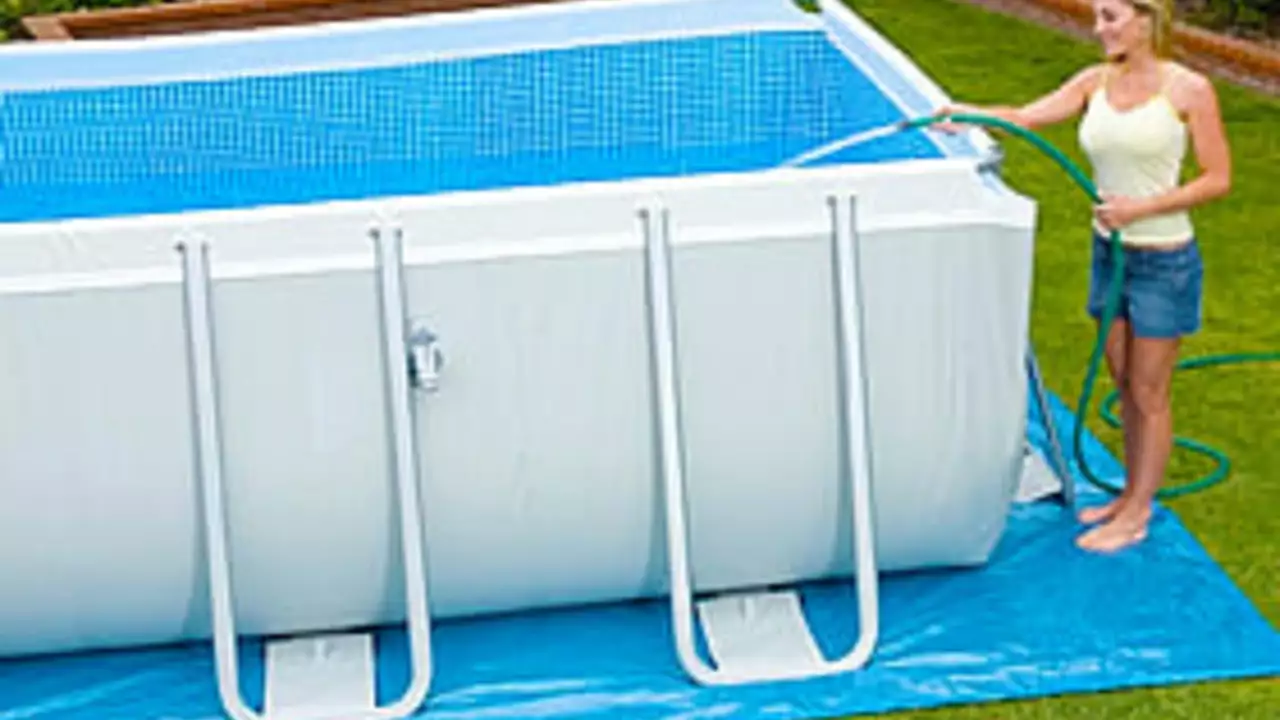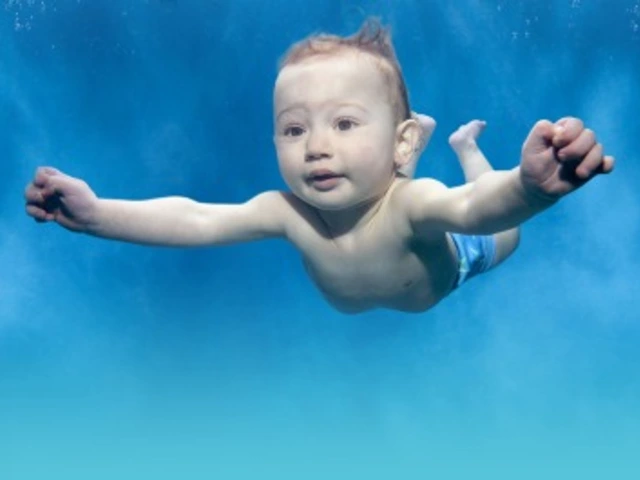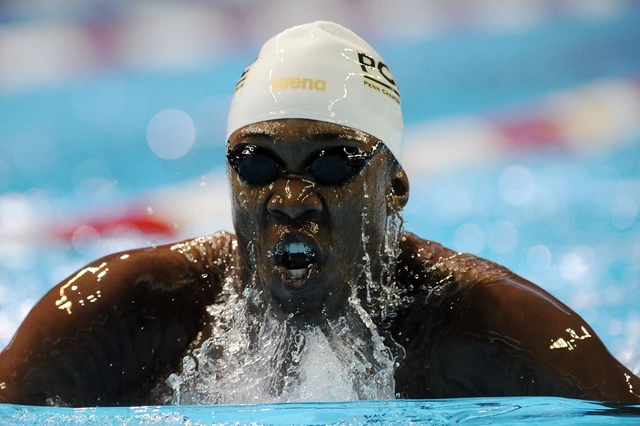Understanding Pool Sizes
In the world of swimming pools, size can be measured in a number of ways, such as length, width, depth, and capacity. When we talk about a 10,000 gallon pool, we're referring to its capacity. This means it can hold 10,000 gallons of water. But what does that look like in terms of size? Well, there's no one-size-fits-all answer because the shape and depth of a pool can greatly affect its capacity. However, let's try to visualize this.
The Impact of Pool Shape and Depth
Before we jump into exact measurements, it's important to understand how the shape and depth of a pool influence its size. For instance, a rectangular pool is usually easier to measure than a free-form or kidney-shaped pool. Similarly, the depth of the pool also matters. A shallow pool will hold less water than a deeper one of the same dimensions. So, when considering the size of a 10,000 gallon pool, we need to keep in mind that these factors can vary.
Size Estimates for a Rectangular Pool
Assuming we have a rectangular pool, let's do some calculations. On average, a standard rectangular pool might be around 5 feet deep. If we consider that the average gallon of water takes up about 7.5 cubic feet of space, a 10,000 gallon pool would need about 1,333 cubic feet.
Now, let's say our pool is 15 feet wide. To get the length, we would divide the total cubic feet by the depth and width. That gives us approximately 18 feet. So, a rectangular pool of around 15 feet wide, 18 feet long, and 5 feet deep could hold approximately 10,000 gallons of water.
Size Estimates for a Circular Pool
If we consider a circular pool, the calculations change slightly. The formula for the volume of a cylinder (which is essentially what a circular pool is) involves the radius and the depth. In this case, let's assume our pool has a depth of 5 feet. We would again need around 1,333 cubic feet of space to hold 10,000 gallons of water.
By doing some simple math, we find that the radius of our pool would need to be approximately 11 feet. So, a circular pool with a radius of 11 feet and a depth of 5 feet could hold around 10,000 gallons of water.
Size Estimates for an Irregular Shaped Pool
Irregular or free-form pools are a bit more challenging to measure due to their non-uniform shape. However, you can still estimate their capacity by breaking them down into smaller, regular shapes and adding the volumes together. The depth will also vary in different areas of the pool, so an average depth is typically used for calculations.
As an example, if the irregular pool can be broken down into a rectangle and a half-circle, you would calculate the volume for each shape separately and then add them together. The total volume should still be about 1,333 cubic feet for a 10,000 gallon pool.
Final Thoughts
Remember, these are only estimates. The actual size of a 10,000 gallon pool can vary based on the shape, depth, and even the slope of the pool bottom. It's always best to consult with a pool professional for precise measurements and calculations. But hopefully, this gives you a better idea of what a 10,000 gallon pool might look like.
Understanding pool sizes is not only important when planning to build a pool but also when considering maintenance. The size of the pool influences the amount of chemicals you need for cleaning, the size of the filter and pump, and even the cost of heating the pool. So, even though it might seem like a complex topic, it's definitely worth understanding.




